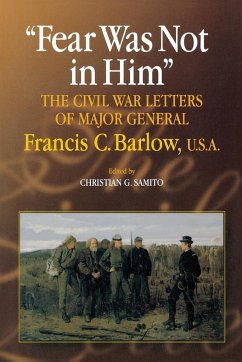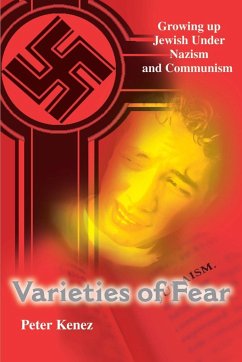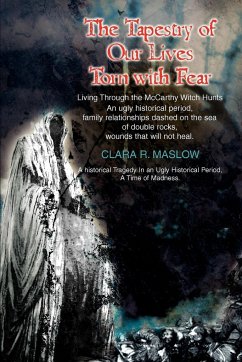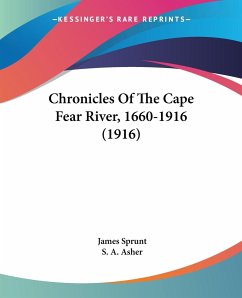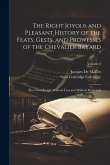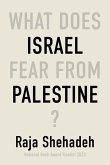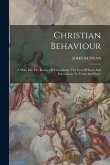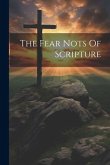Originally untrained in military science, Francis Channing Barlow ended the Civil War as one of the North's premier combat generals. He played decisive roles in historic campaigns throughout the War and his letters are classic accounts of courage combat, and the burdens of command as experienced by one of the Union's fiercest officers. Born in Brooklyn, New York, Barlow enlisted in April 1861 at the age of twenty six, commanded the 61st New York Infantry regiment by April 1862, and found himself a general in command of a division by 1863. He played a key role at Fair Oaks, Antietam, the Wilderness, Spotsylvania, and Petersburg, suffered two serious wounds in combat, and was left for dead at Gettysburg, where part of the battlefield is named after him. Barlow's war correspondence not only provides a rich description of his experiences in these actions but also offers insight into a civilian learning the realities of war. As a young intellectual, Barlow was also well connected with many eminent figures of his time. He spent part of his youth at Brook Farm, graduated first in his Harvard College class, and became a successful New York City lawyer by the time he enlisted. Among his friends he counted Ralph Waldo Emerson, Charles Russell Lowell, Jr., and Winslow Homer's family. Transformed by his experiences in the War, Barlow entered politics and served as New York's Secretary of State and Attorney General. Superbly edited by Christian G. Samito, Barlow's letters not only illuminate the life of a talented battlefield commander; they also fill a gap in Civil War scholarship by providing a valuable window into Northern intellectual responses to the War.
Hinweis: Dieser Artikel kann nur an eine deutsche Lieferadresse ausgeliefert werden.
Hinweis: Dieser Artikel kann nur an eine deutsche Lieferadresse ausgeliefert werden.

